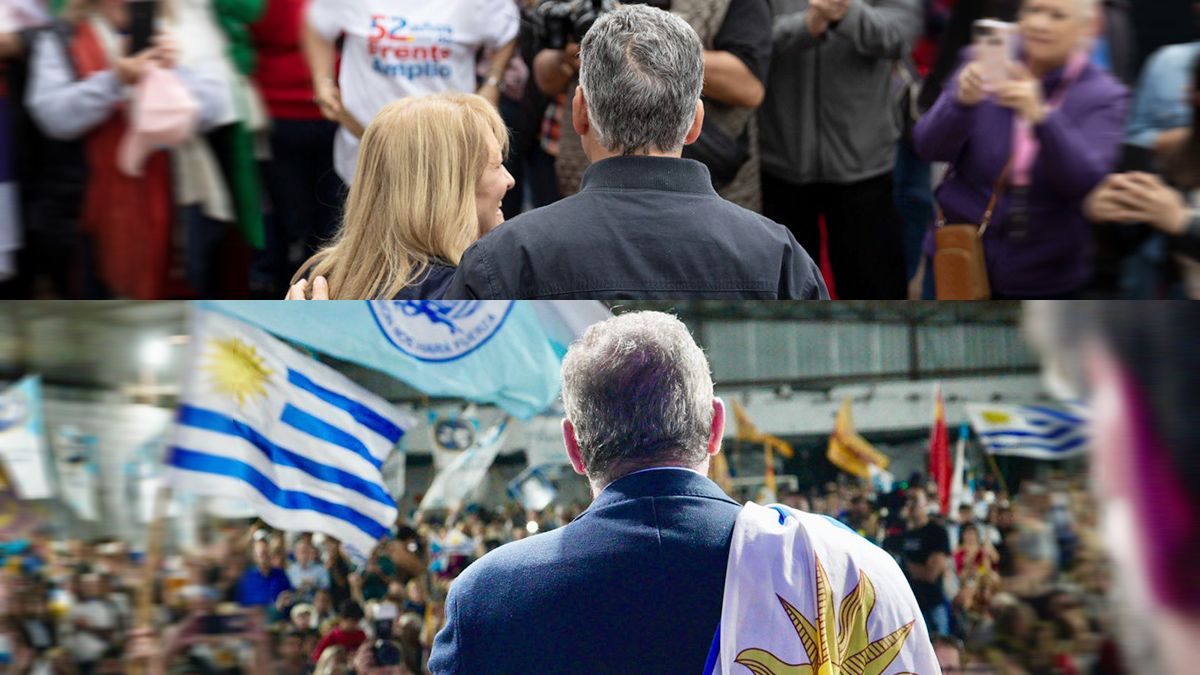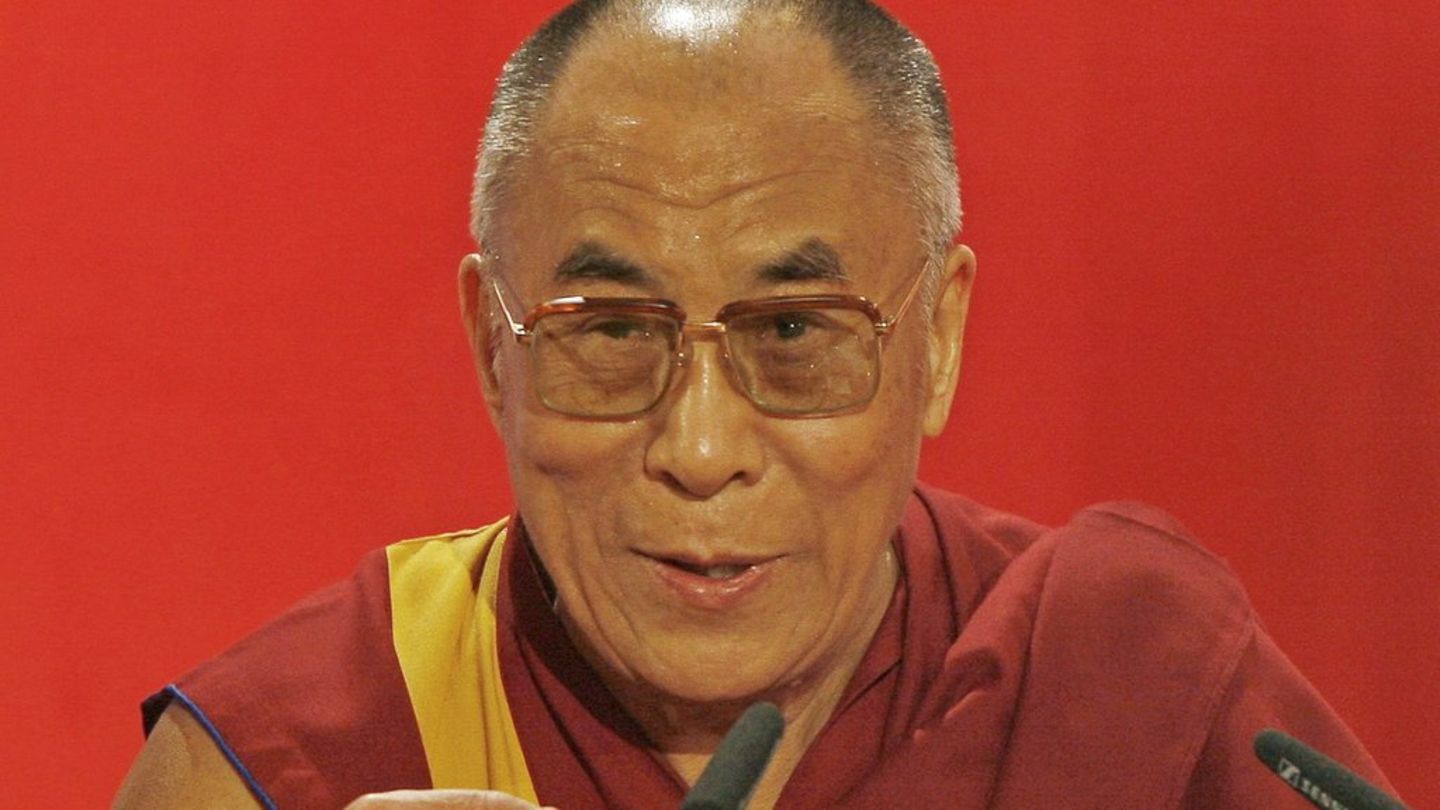On the side Wide Front (FA), with a leadership today in single file behind its presidential candidate Yamandu Orsinot reach the Executive power after being largely the majority political force in the first round, it would mean an escalation of tensions between sectors that already showed disparate positions regarding a specific initiative, such as the plebiscite that was proposed by the PIT-CNT to reform social security and that ultimately did not obtain the necessary votes.
However, the tightness that this left-wing coalition implies under the same motto makes it more difficult to think of a short circuit occurring that would generate a scenario of schism between a social democracy that is very comfortable with what was done in the previous periods, and a more radical part that showed its teeth next to the syndicalism and demands changes to accelerate in one direction.
Throughout the campaign, the reformist intention of the PIT-CNT, but above all its proposal to suppress the Pension Savings Fund Administrators (AFAP), generated strong discussions among Frente Amplistas ranks, especially from the most representative space, the Popular Participation Movement (MPP)with the former president Jose Mujica at the head, who firmly rejected the white ballot stating that it was, directly, “chaos.”
On the other side, the insistence of Communist Party (PCU) and the Socialist Party (PS) to align with the PIT-CNT campaign, forced the president of the FA, Fernando Pereirato give “freedom of action” to the parties, showing that it was impossible to reach a joint declaration on the subject, and giving an example of the existence of visions of the economy that have little to do with each other.
However, this is not the first time that discrepancies of this magnitude have occurred within the FA. During the economic crisis of 2002, the then senator and later Minister of Economy and Finance, Danilo Astorihe faced almost all of his fellow Broad Front comrades to defend the economic policy that the Colorado government of Jorge Batlle when, led by its then president Tabare Vazquezthese asked to devalue and declare the default as the way out of the situation.
The Republican Coalition, so close and so far
In an attempt to ensure that nothing changes, the ruling party changed its skin. The hasty “Multicolor Coalition” formed by the President of the Republic Luis Lacalle Pou After the first round of 2019, it began to take on a somewhat more formal appearance and was called Republican Coalitionalready registered even as a motto before the Electoral Courtin a sort of 2.0 reissue of the not so fruitful and extinct Concertation Party.
Between one election and another, things happened, throughout the coalition government, the National Party (PN) seemed to feel more comfortable in his leadership role, something that brought sparks with the other minority partners, especially with Open Town Hall (AC), which was defiant and rebellious on several occasions, making us think several times of a fracture that ultimately never came.
In the new order, the Colorado Party (PC) and the Independent Party (PI) seemed to feel better in squire roles to preserve their share of power, mostly accompanying the decisions that came from the PN, while the inconsequential People’s PartyIt simply ceased to exist, despite the fact that its only deputy continued to operate.
This time, after the first round in October, and despite voting somewhat worse than his predecessor, Alvaro Delgado It once again confirmed the preponderance of the PN over the other alliance partners, although in the face of a new correlation of forces. The choice of Guido Manini Ríos was a failure and CA not only disappeared from the Senatebut it almost directly leaves the express Parliament after only getting two deputies, a situation taken advantage of by a rejuvenated PC thanks to Andres Ojeda.
After debuting in executive functions with its leader Pablo Mieres in the Ministry of Labor and Social Security (MTSS), the PI voted much better than in the last elections, but much worse than expected, remaining in the same place: with only one deputy. He Environmental Constitutional Party (PCA) of the deputy Eduardo Lust He did not even reach a seat, although his dark green flags replaced the light green ones of the People’s Party and he joined the Republican Coalition.
With two strong parties and three in inferior positions when negotiating, Delgado will have to sort out his cards well to keep everyone satisfied within the alliance, especially after Lust and Manini Ríos were reluctant to remain united if they lost the elections and move into an opposition role.
The Republican Coalition motto is a fact, and so is its participation in Cannelloni, Montevideo and Leap for the Departmental 2025. However, in some departments with a clear partisan predominance, the implementation of the electoral tool is not so clear in the near future, which makes the idea of unification under the same umbrella at the national level seem distant.
Difficult panorama for a coalition that, if Delgado loses, is likely to fly to pieces – at least temporarily – and would force Lacalle Pou, its creator and promoter, to organize and mend if he aspires to run for a new mandate in 2029.
A unity government?
In the last few hours, Delgado surprised everyone with some statements where he stated that he would like to have the presence of his opponent Orsi in his eventual administration. The white politician previously stated that he considers some FA leaders “valuable” and was encouraged to talk about a unity government.
Although at present this seems like science fiction and is dismissed by the different actors on both sides, the years will tell if the internal weakenings, if the irruptions of outsiders and new ways of doing politics (some have already arrived) do not force tomorrow. these two blocks, today antagonistic, to be coordinated.
Some years ago, in Mexico It was impossible to think of a coalition between Institutional Revolutionary Party (PRI), he National Action Party (BREAD) and even less between the PRI, the PAN and the recently dissolved Democratic Revolution Party (PRD). And yet, the dizzying rise of Andrés Manuel López Obrador hand in hand with the new alliance Brunette in 2018 forced them all to come together, and still, they couldn’t beat Claudia Sheinbaum in June.
Source: Ambito
I am Pierce Boyd, a driven and ambitious professional working in the news industry. I have been writing for 24 Hours Worlds for over five years, specializing in sports section coverage. During my tenure at the publication, I have built an impressive portfolio of articles that has earned me a reputation as an experienced journalist and content creator.




